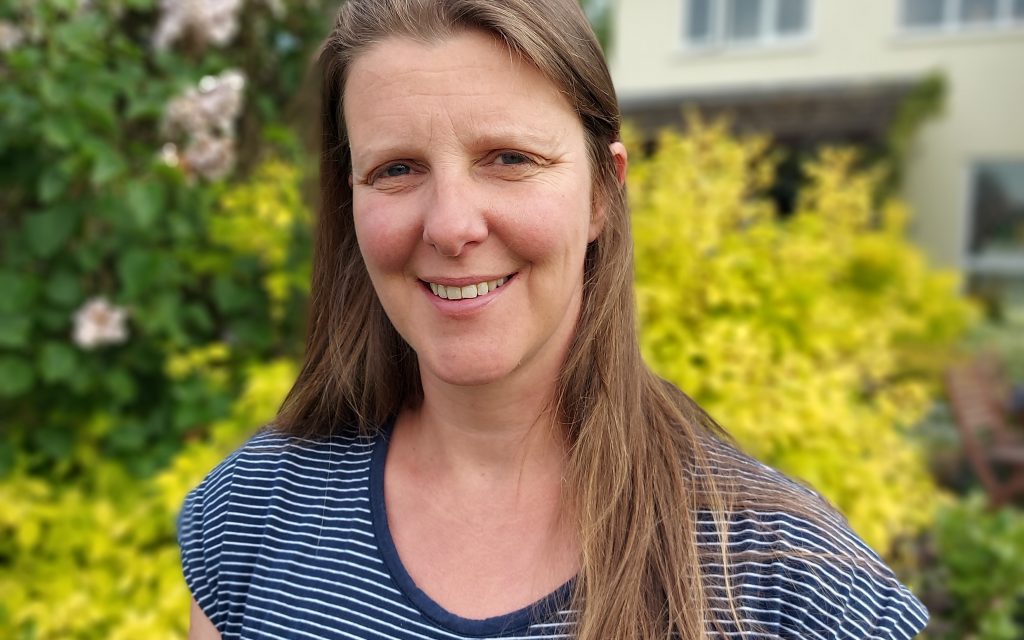 Subscribers Only
People
Subscribers Only
People 
Dr Emily Harrop of Marie Curie looks at how a better understanding of bereavement during a pandemic can inform future policy
Bereavement and grief is a difficult time of life for everyone – and going through it during a global pandemic, removed from family and other services which could provide vital support, has proved even more difficult for thousands of people across the UK.
When we first set out to discover the experiences of those grieving during coronavirus, it was with a mind to giving a voice to the experiences of people bereaved in the UK of any cause from 16 March 2020 up until 5 January 2021.
Now, with support from Marie Curie and other organisations, we’re able to help ensure those bereaved at any time – over the past year or in the future – can benefit from the recommendations for future policies and practices guided by those experiences.
We surveyed more than 700 people during those 9 months – and we can now share the pre-print publication of the results*, which have been published on the MedRxiv website
The research found more than half of people (51%) experienced high or severe vulnerability in their grief, with those seeking support facing long waiting lists or being told they are ineligible.
The survey, carried out by our research team at Cardiff University’s Marie Curie Palliative Care Research Centre and the University of Bristol, found that of bereaved people demonstrating high or severe levels of vulnerability, three quarters (74%) were not accessing formal bereavement services or mental health support.
The majority of people seeking help with their grief said they had struggled to access bereavement services. Of the 40% who tried to get support, just over half experienced difficulties such as long waiting lists, ineligibility or a lack of appropriate support. People also reported discomfort asking for help and were unsure how to access services.
Four in 10 participants (39%) reported difficulties in getting support from friends and family, while a quarter (25%) reported that their friends or family were unable to support them in the way they wanted, due to reduced social contact due to the pandemic.
One in five (19%) reported feeling uncomfortable asking for help.
We found that the pandemic had a major impact on the quality of support for the bereaved and disrupted collective mourning practices which people said compounded feelings of isolation.
Our recommendations formed as a result of these experiences include:
- Further investment in the provision of tailored bereavement support to meet the diverse needs and backgrounds of bereaved people;
- Raising awareness of support options; information on grief and bereavement services should be provided proactively following a death and made available in online and community settings, with GPs and other primary care providers better resourced to signpost to appropriate support.
- Following compassionate communities approaches, expanded provision of informal community-based support and activities could help with isolation, whilst longer-term educational and societal initiatives are needed to improve how we communicate and support people experiencing death, dying and bereavement.
In Wales, we at the Marie Curie research centre have already supported work which is underway to improve bereavement services and end of life care programmes. In March, the Welsh Government began a consultation on the development of a bereavement framework for Wales, which is underpinned by a Bereavement Services Scoping Review that we conducted in 2019, and continues to be informed by this research on pandemic bereavement.
Today, a UK Commission on Bereavement has been launched during a panel event, including a keynote response to our early findings from Nadine Dorries MP, Minister for Bereavement, UK Government.
The Commission is independent of government and made up of a group of 15 commissioners, chaired by the Bishop of London, the Rt Revd and Rt Hon Dame Sarah Mullally DBE with the aim of reviewing the experiences of, and support available for, people affected by bereavement through and beyond the Covid-19 pandemic, and to make recommendations to key decision-makers, including the UK Government. It will be supported by a steering group of charities including Marie Curie, Independent Age, the National Bereavement Alliance and Childhood Bereavement Network, Cruse Bereavement Care and the Centre for Mental Health.
We are delighted that our research findings are being used to influence policy and practice in this way. It is incredibly upsetting to know that even when people did reach out to access the support that they desperately needed, they still faced difficulties such as long waiting lists or being told they are ineligible. We really need politicians and policy-makers to take a thorough look at how we can make changes to support people both before and after a death in the future, and this high-profile Commission provides the perfect platform for achieving this.
- The study is funded by the Economic and Social Research Council (ESRC) as part of UK Research and Innovations’s rapid response to COVID-19.
- For more information on the UK Commission on Bereavement visit bereavementcommission.mariecurie.org.uk
Dr Emily Harrop is a Marie Curie Research Fellow at Cardiff University’s Marie Curie Palliative Care Research Centre


